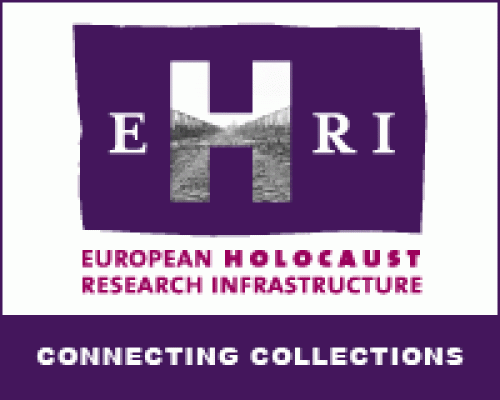EHRI Mapping Holocaust-related Archives in Greece

European Holocaust researchers gather in Athens
Athens. The European Union’s EHRI project is now studying Holocaust related archives and collections in Greece. The Holocaust was definitely also a Greek tragedy. Less than twenty percent of the Jewish population of this European member state survived the Nazi reign of terror. Before World War 2 Greece had a population of 70.000 to 80.000 Jews. They lived there for centuries, the large majority in Thessaloniki. Most of them were deported to the concentration camps and murdered. Nowadays only 1000 to 2000 Jews still live in the city and Athens counts some 3000 Jews. Dealing with the full magnitude of facts like these will strengthen the joint European effort to safeguard our evidence of the Holocaust.
Beginning on December 4 2012 Holocaust experts and representatives of Greek archives will gather in Athens for this purpose. They will be mapping the Holocaust-relevant collections which can be found in state archives, Jewish musea and private institutions throughout the country. Sources cover the war and the post-war period, and include not only governmental documents and reports, but also for example private collections from victimes and Jewish communities. EHRI will bring in key collections such as the registration forms, completed by members of the Jewish community of Thessaloniki prior to their deportation. EHRI also hopes to identify other sources relating to these tragic events.
EHRI - the European Holocaust Research Infrastructure - is dedicated to opening up collections related to Holocaust history within a web-based environment. The overall EHRI-project will connect Holocaust-related collections and archives. Twenty organizations in 13 countries have worked together already for two years to execute this programme.
In 2011 the rough structure of the EHRI-thesaurus was developed. This thesaurus will contain keywords of the Holocaust, thus forming the basis for EHRI’s search engine. Also, national reports were written on 42 countries which will soon be published online and the first 12 EHRI fellows have been doing research at unique infrastructures that are participating in EHRI: the Institute for Contemporary History (Germany), the Shoah Memorial (France), the Jewish Museum in Prague (Czech Republik), NIOD Institute for War, Holocaust and Genocide Studies (The Netherlands) and Yad Vashem (Israel).
EHRI is financed under the 7th Framework Programme of the European Union and coordinated by NIOD, the Dutch Institute for War, Holocaust and Genocide Studies. EHRI is a project of great scientific importance since it brings together in a pan-European network, the national Holocaust archives, with the aim to stimulate research, facilitate access and preserve unique material on the Holocaust.
For further information:
Herman Nieuwenhuis +31 6 53 58 60 57